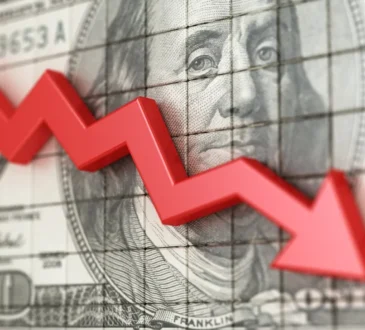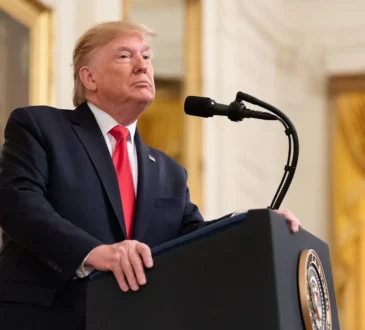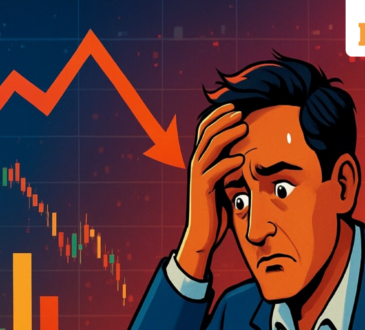To some, the stock market seems like a casino. Put some money in, and take a gamble to see if your investments moon or go to zero. But that’s not the reality for a large part of the investment world: For those who primarily engage in buy-and-hold, diversified investing — such as pension funds and mutual funds — the market is generally seen as a reliable way to grow long-term wealth.
Sure, there may be some bumps along the way, such as when unexpected events like geopolitical conflicts or natural disasters cause investors to rush for the exits. There can even be prolonged downturns, like when the economy shrinks. But in general, these are detours, not roadblocks. On average, the S&P 500 has returned roughly 10% per year over the long term, even accounting for events like the Great Recession. That’s not to say that each particular year is likely to see 10% stock market gains, nor will past returns necessarily continue in the future, but in general, most experts agree that the stock market can reasonably be expected to trend upward in the long run.
So what happens when a variable like Donald Trump enters the equation? Markets crave consistency, while Trump thrives on impulse — a recipe for a roller-coaster investment ride. And his policies on everything from tariffs and immigrants to tax cuts and cryptocurrency may or may not affect how bumpy the ride will be.
“The markets don’t like to be surprised,” said Mark Malek, chief investment officer at Siebert.NXT, a registered investment adviser. However, Trump “seems like he’s a fan of generating uncertainty, which I guess he uses as a position of power, for negotiation, etc.”
Should that change investors’ outlooks and actions? The answer depends somewhat on your situation and risk tolerance, but in general, experts advise investors to be aware of potential ups and downs but not act too rashly.
Ultimately, Trump’s embrace of uncertainty could spell more market volatility in the coming years, but investors don’t necessarily have to respond to the uncertainty. Professional investors might react more, as their job may be to try to outperform market indexes, for example, but the average individual might be best served by continuing to buy and hold, rather than overtrading.
Rapid executive orders and the president’s willingness to announce his policies on social media or in off-the-cuff remarks have already shown the ability to move markets. Trump’s on-and-off tariffs have caused markets to whipsaw this year. Those who sold assets due to tariff fears and didn’t quickly buy back in may have missed significant gains when the S&P 500 hit all-time highs later.




